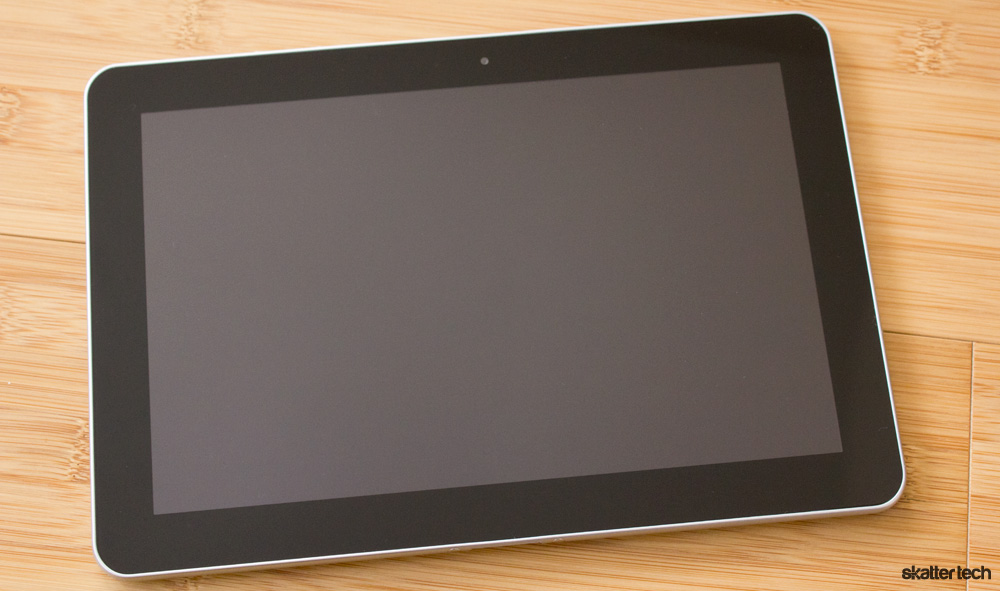What Exactly Is The Chromebook’s Competition?

I might be an Apple fanboy, but I absolutely have to give credit to Google for doing a tremendous job with the new Chromebook. These new devices really do define an entirely new category of computers. They are not exactly netbooks, at least not yet. Up until now, Windows-based netbooks have sacrificed power for ultra-portability. For those who are not familiar, Chrome OS is computing simplified to just the web. Unlike a traditional operating system, Chromebooks do not have the broad feature set that a desktop computer offers. They run Chrome OS, which really focuses on putting your entire PC experience onto the cloud. I praise Google for being the first to pull through with this.
So now that this infamously delayed operating system is here and installed on these branded notebooks, the question must be brought up: what market are they going to compete with? Most have been arguing that Chromebooks will effectively wipe out all netbooks. They both have the same portable form factor and the same price range (around $400 – $500). Presumably, netbooks would be the target, right? Well, not exactly. I truly believe — contrary to most critics — that the software is really what makes the gadget. Specs are important too, but are meaningless if accompanied by a poor OS. In this regard, Chromebooks and netbooks are worlds apart.
Chromebooks do not have nearly as much functionality as netbooks do right now. Take for instance Adobe Photoshop. A widely adopted application (albeit expensive) for its unparalleled set of photo-editing tools, it can not be replicated on the web. Native apps have much more power and potential and consumers, particularly in certain fields, need those qualities in order to stay productive. This alone can be the deal-breaker for consumers who are flummoxed on which to buy. And it will be the deal-breaker for many. When traveling, netbooks bring an entire computer with you. Chromebooks just bring the Internet. As incredibly worthy as that may be, it remains limited.
The main competition for a Chromebook clearly is not a netbook. Google actually believes that these devices can replace laptops. For consumers who do not spend much of their time using anything other than the Internet and do not want to shell out a ton of cash, this is plausible. But if this is the case, why not just buy a tablet? That brings me to my main point.

Tablets are going to be the main competition of Chromebooks. Not only do tablets share the same ultra-portable form factor and price range of netbooks, but they also have the same capabilities. Chrome OS boots up quickly. iOS and Honeycomb boot up quickly. Chrome OS has the Web Store. iOS and Android have the App Store and Android Market, respectively. Chrome OS can not run the powerful applications which desktop operating systems like Windows and Mac OS X can. Neither can iOS and Android. There is a clear pattern here. Chromebooks and tablets are more similar than people think. To be blunt, neither are necessities at this point. They can not replace laptops or desktops and they obviously can not replace smart phones. These are just add-ons to the average consumer’s growing collection of gadgets.
Mark my words. Come June when the general public gets their hands on Google’s sleek new toys, they aren’t going to be looking at netbooks and trying to make a decision between the two. Those dreadful little machines died as soon as Steve Jobs gave a demo of the iPad back in January 2010. In one hand will be a compact and robust Chromebook and in the other will be a shiny and capable iPad. $500 is tucked away in a wallet. Time is ticking on. Which gadget will rise up above the other as champion?
Links: Google Chromebook